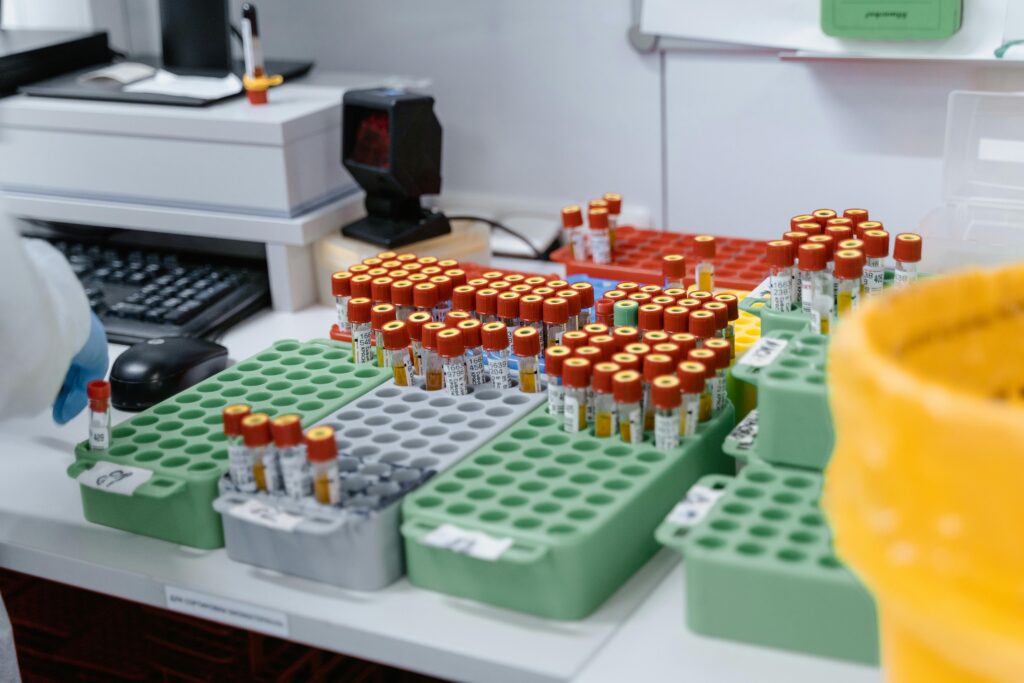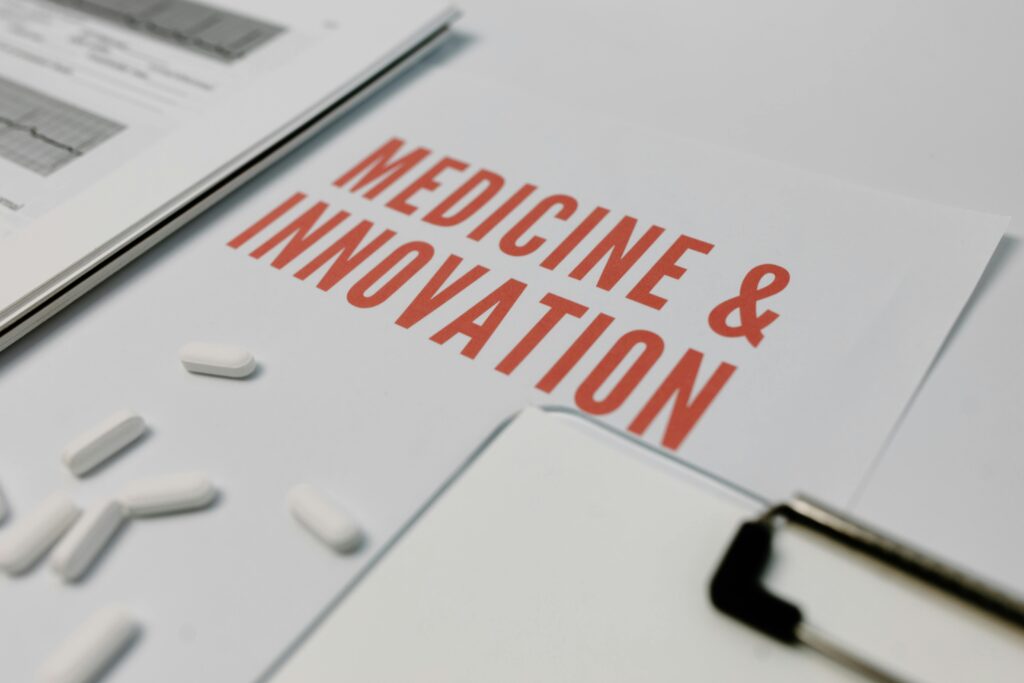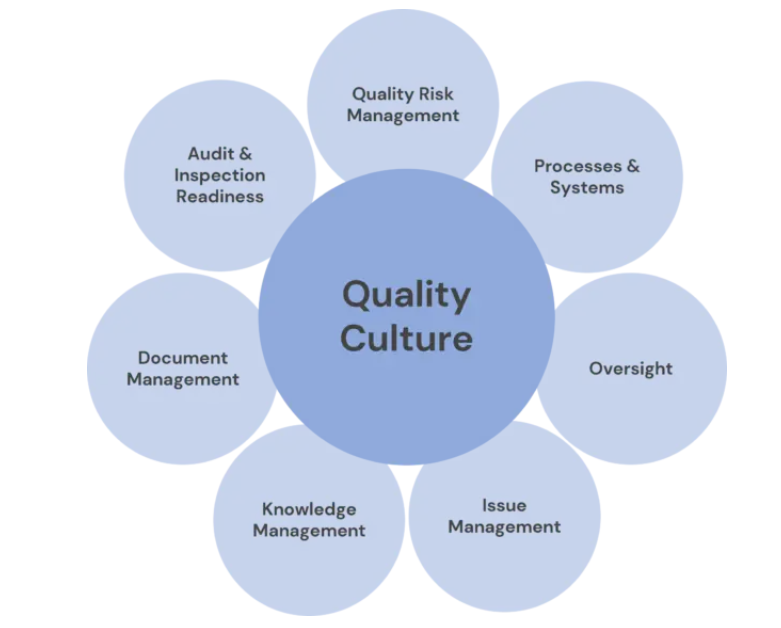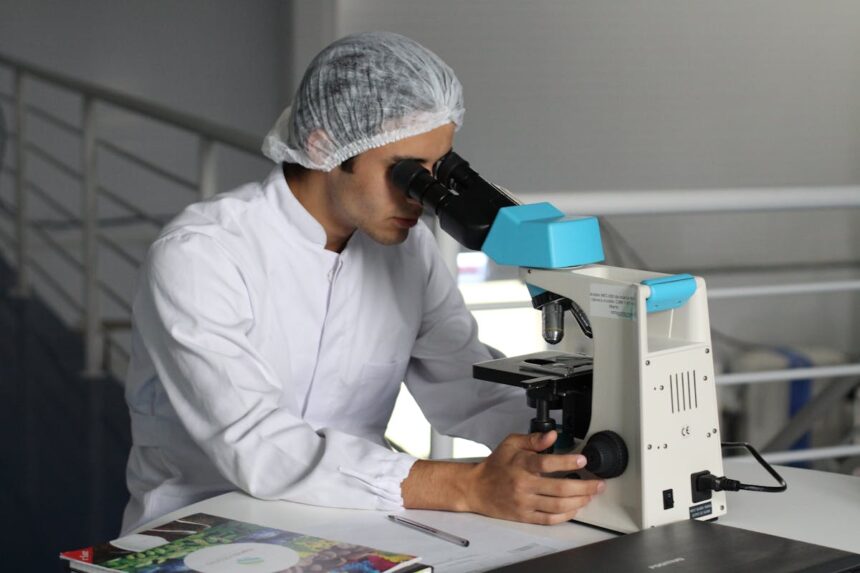In the healthcare industry, diagnostics play a pivotal role in shaping the course of treatment for patients. Accurate and timely diagnostic reports are fundamental for effective medical decision-making. To achieve this, it is essential to cultivate a culture of quality within diagnostic laboratories and medical facilities. Ensuring that reports are accurate, reliable, and consistent requires a comprehensive approach that touches on various facets of diagnostic services, from staff training to adherence to best practices and the implementation of advanced technologies.
The Importance of Accurate Diagnostics

Diagnostic reports form the backbone of patient care, as they provide the necessary information to make clinical decisions. Inaccurate or delayed test results can lead to misdiagnosis, incorrect treatment, and potentially severe consequences for patient health. Therefore, fostering a culture that prioritizes quality at every step of the diagnostic process is essential.
Inaccurate reports are often caused by human errors, lack of proper quality control, outdated technology, or insufficient staff training. These errors can range from simple mistakes like incorrect patient identification to more complex issues such as faulty testing equipment or improper specimen handling. By addressing these challenges, diagnostic labs and healthcare providers can enhance the reliability of their results, ensuring that patients receive the best care possible.
Key Elements in Building a Culture of Quality for Accurate Diagnostics

Staff Training and Education
One of the most significant aspects of ensuring accurate diagnostic reports is well-trained and knowledgeable staff. Technicians, pathologists, radiologists, and other medical professionals involved in diagnostics must be equipped with the skills necessary to handle tests and interpret results.
Continuous professional development should be a priority to keep up with advancements in medical technology, testing procedures, and regulatory requirements Training should cover a broad range of areas, including:-
- Technical Skills: Staff must be proficient in using diagnostic equipment and adhering to established protocols for specimen collection, handling, and testing.
- Attention to Detail: A culture of quality requires an acute awareness of the impact that even the smallest mistake can have on patient outcomes. Training programs should emphasize the importance of accuracy in every task, no matter how routine it may seem.
- Problem-Solving: In cases where equipment malfunctions or results appear anomalous, staff must be able to identify issues quickly and implement corrective actions.
Standardization of Processes Accurate Diagnostics
Standardization is crucial in ensuring that diagnostic tests are performed consistently and correctly across all laboratories. Standard operating procedures (SOPs) for each test should be developed and strictly followed. This includes protocols for:-
- Patient Identification: Ensuring the correct patient is linked to the correct diagnostic test.
- Sample Collection and Handling: Proper storage and transportation of biological samples are critical to avoid contamination or degradation that could affect test results.
- Testing Procedures: Laboratories should use validated methods for each test and maintain consistency in their execution.
Standardization also extends to how results are reported. Consistent formatting, terminology, and protocols for communicating findings help minimize errors and confusion, making it easier for clinicians to interpret the results and make informed decisions.
Use of Technology and Automation
Advancements in technology have transformed the diagnostic industry, enabling greater accuracy, speed, and reliability. The integration of automated systems in laboratories can reduce the potential for human error, particularly in tasks such as sample processing, data entry, and result interpretation. Automation can also streamline workflow, allowing technicians to focus on more complex tasks.
Key technological innovations include:
- Lab Information Management Systems (LIMS): These systems manage the flow of patient information, specimens, and test results, ensuring that all data is accurate, up-to-date, and easily accessible.
- Artificial Intelligence (AI) and Machine Learning (ML): AI and ML algorithms can assist in analyzing complex test data, identifying patterns that might be missed by the human eye. For instance, AI-based diagnostic tools are now used in imaging to help detect conditions like cancer, heart disease, and neurological disorders with higher accuracy.
- Digital Pathology: The use of digital imaging in pathology allows for remote consultations, faster report generation, and improved accuracy in interpreting slides.
While technology has brought many advantages, it is essential that laboratories continuously evaluate and update their systems to prevent obsolescence and ensure they are operating at peak performance.
Quality Control and Assurance
Implementing robust quality control (QC) and quality assurance (QA) measures is vital to maintaining high standards in diagnostic testing. Quality control refers to the processes used to monitor and maintain the quality of results, while quality assurance focuses on ensuring that diagnostic services meet defined standards of excellence.
Routine QC activities include:
- Internal Audits: Regular reviews of processes, test results, and equipment to ensure compliance with established procedures.
- Proficiency Testing: External organizations often offer proficiency testing to ensure that labs are consistently producing accurate results.
- Equipment Calibration: Ensure that testing equipment is regularly calibrated to provide precise measurements.
Regulatory Compliance and Accreditation
Adhering to national and international standards is a critical component of ensuring quality in diagnostics. Laboratories should comply with regulatory requirements such as those outlined by the National Accreditation Board for Testing and Calibration Laboratories (NABL) in India or the College of American Pathologists (CAP) in the United States.
Accreditation from recognized bodies provides an added layer of assurance that a diagnostic laboratory adheres to industry best practices and maintains a high level of competence. Regular inspections and audits by accrediting agencies ensure that laboratories are operating in accordance with established guidelines, and non-compliance can lead to sanctions or the loss of accreditation.
Creating a Culture of Collaboration
A culture of quality in diagnostics is not the responsibility of a single individual or department; it requires collaboration at all levels. Healthcare providers, laboratory staff, and administrators must work together to foster an environment where accuracy, transparency, and continuous improvement are prioritized.
Open communication is essential, particularly when it comes to addressing errors or potential risks. Creating a non-punitive environment where staff feel comfortable reporting issues can help prevent small problems from escalating into larger ones. Regular team meetings, training sessions, and discussions on quality standards are essential for reinforcing the importance of quality at all levels.
The Impact of a Quality Culture on Patient Outcomes

Building a culture of quality within diagnostic laboratories can have a direct, positive impact on patient outcomes. Accurate and timely reports enable clinicians to make informed decisions, leading to more effective treatments and better patient care. Furthermore, a focus on quality improves operational efficiency, reduces the likelihood of costly errors, and enhances the reputation of healthcare providers.
In the long term, a culture of quality in diagnostics can lead to a healthcare system that is more trustworthy, reliable, and patient-centered, improving public confidence. On the other hand it is also promoting better overall health outcomes.
Conclusion
Creating a culture of quality in diagnostics is an ongoing, multifaceted effort that requires commitment from all involved in the diagnostic process. Through staff education, standardization of procedures, integration of technology, and a collaborative approach. But still the diagnostic laboratories can ensure that the reports they produce are both accurate and reliable. Ultimately, this culture not only improves patient care but also strengthens the healthcare system as a whole.
Also Read:-
https://lifescienceinsights360.com/blog/exploring-the-efficiency-of-cyberknife-for-prostate-cancer/






